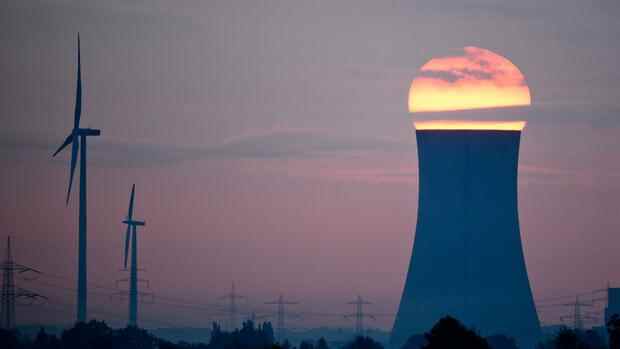A draft for the final document stipulated that coal-fired power plants would end by 2030, provided the plants could not separate and safely store their greenhouse gases.
(Photo: dpa)
Berlin For the first time, the seven largest industrialized countries (G7) in the world have agreed to end climate-damaging coal-fired power plants. On Friday in Berlin, the states promised concrete national implementation steps in the final communiqué of the G7 energy and climate ministers’ meeting – but did not name an end date.
However, they undertake to make all electricity generation largely CO2-free by 2035, which also excludes the use of gas-fired power plants. By 2030, the transport sector should at least largely be fuel-free.
The states want to largely stop subsidies for fossil fuels by 2025 and allow international financing of gas, oil and coal projects to expire this year.
In the document, the energy, climate and environment ministers emphasized that, despite the war in Ukraine, they are sticking to the climate goal of limiting global warming to 1.5 degrees above pre-industrial levels. To do this, they wanted to further increase their ambitions. Germany currently holds the G7 presidency, the meeting took place in Berlin. The G7 group also includes the USA, Japan, France, Canada, Great Britain and Italy.
Top jobs of the day
Find the best jobs now and
be notified by email.
A draft for the final document stipulated that coal-fired power plants would end by 2030, provided the plants were not able to separate and safely store their greenhouse gases. The year is now missing from the communique, which, according to information from G7 circles, is mainly due to the resistance of the USA and Japan.
More: Scholz is committed to free trade: “Deglobalization is a dead end”
